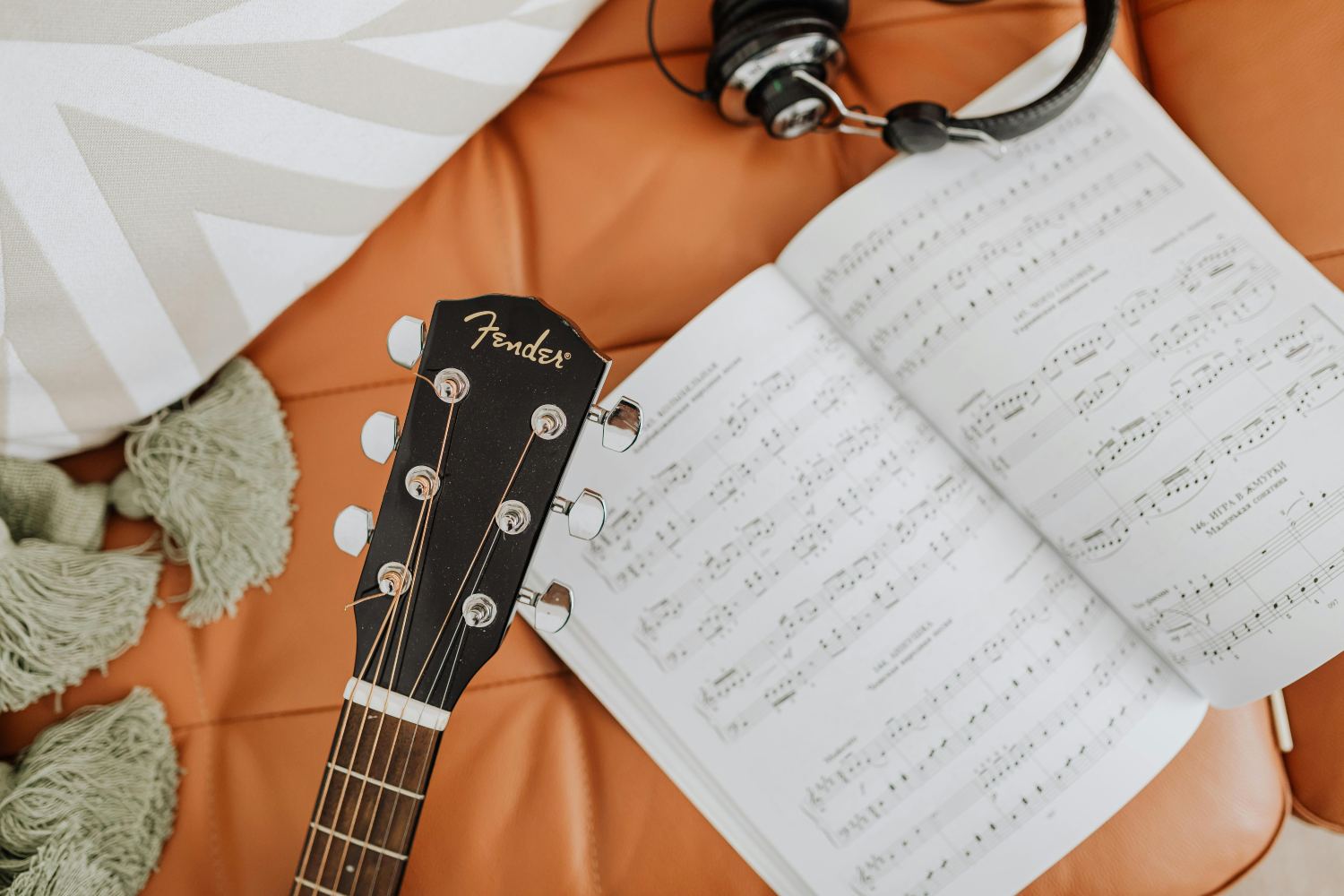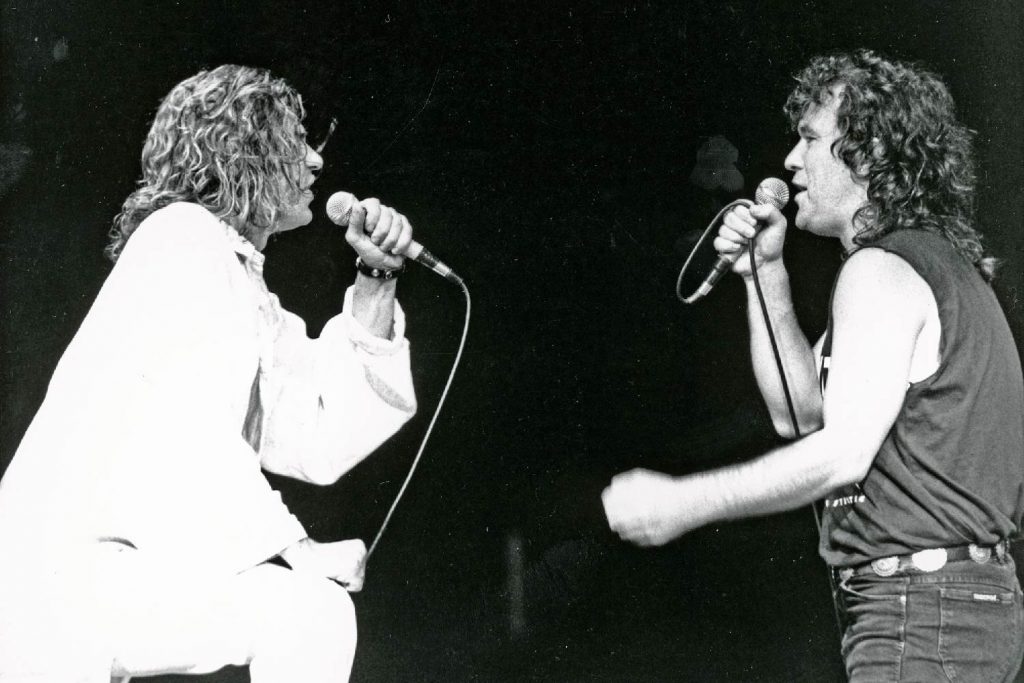You've got big dreams, aspirations and motivation. Now you need the song!
There are no right or wrong answers when asking how to write a song. Sometime in 1964, Paul McCartney woke up having dreamt the melody for a song he thought might be something special. Finding it hard to believe he had written something so very good, he sat on it for months, playing it to a number of friends and asking if they already knew it. Finally in 1965, he recorded it at Abbey Road alone with an acoustic guitar. Producer George Martin added strings and “Yesterday” was released on the Beatles Help! album that same year. Widely regarded as the most covered song of all time, with over 2000 versions by other artists, it is one of the most popular songs in history. Maybe you’ll be lucky enough to dream up a classic song but if you’re like the rest of us, then here are some other methods that might help with your songwriting process.
Read all the latest features, columns and more here.
HAVE A SONGWRITING TOOL KIT
Having a basic ‘tool kit’ is a great starting point when wondering how to write a song. This may consist of the following –
- Your instrument—this could be your guitar, keyboard, bass, etc. or just your voice, whatever your chosen instrument may be.
- Something to store and record your ideas. Some folks write the old-fashioned way with pen and paper but you can of course use your phone/ laptop/whatever suits for recording when inspiration strikes. This might be a simple as noting a proposed song tile or lyrics or singing a melody into your phone. It’s very handy to have something portable on your phone to begin with, so if an idea strikes at random, you can record it anytime.
- Recording apps & interfaces. There are a multitude of free and paid apps for you to record your ideas. Perhaps a simple multi-track recorder app or go bigger with a studio interface, the choices are endless.
Lyrics
Singer/Songwriter Jeff Buckley once said, “Music is everywhere. It’s in the things you see, the things you listen to, the people you meet, the stories you hear. Your friends, your life, this moment. Anything!” Maybe song ideas come easily to you or maybe you struggle to find just the right words or melody. Tell your story, the story of someone else, the story of the things you see and feel around you or just write something that is fun to play and doesn’t mean anything at all. Remember, there are no rules about songwriting, you can do whatever you like, no matter how serious or silly that may be.
SET REGULAR SONGWRITING HOURS
Perhaps you are a professional musician or a hobbyist, either way, setting aside specific time to write and create your music on a regular basis can be very beneficial, especially when deciding how to write a song. Choose a quiet space without interruption like a home office/bedroom/studio. This will likely help you to set goals and work on your songcraft until it is where you want it to be. If you find during that time that inspiration is not striking the way you would like it to, then use it to practice your instrument or listen to artists you like. Countless songs have sprung from musicians listening to others and saying to themselves “I want to and can do that too!”
Songwriting
If you prefer to work on your tunes in a solo capacity, this can be rewarding as you can form the songs just the way you want at your own pace.
WITH A COLLABORATOR/PRODUCER
Recently watching the film Rocketman it seemed amazing that for decades, Bernie Taupin wrote lyrics and sent them to Elton John who wrote the music and each of them stayed in those separate roles as songwriters. With 300+ million albums sold so far, their partnership has worked out very nicely indeed. Perhaps your strength is writing lyrics or, alternatively, you are good at coming up with melodies, then finding a collaborator might be the way to go for you. There can be great rewards when working with others as they will bring their own ideas to the table that may even surprise and delight you beyond what you first expected.
WITH A BAND/OTHER MUSICIANS WILL ADD THEIR OWN FLAVOURS
If you’re in a band, you can take your finished or partly finished ideas to a rehearsal and just bang out riffs and lyrics together until something gels. Remember that other musicians will bring their own ideas, skills and styles to your songs and being flexible enough to allow them to express themselves might just lift a good song into a great one.
RESISTER YOUR WORK
It’s a good idea to register your work with APRA in Australia. This keeps a record of when the song was written, by whom and also you can collect your royalties when you play it live. My first APRA royalty was tiny back in the day but the money wasn’t as important as the feeling of ‘Hey, I’m now actually a songwriter.’ Priceless.
PUTTING IT OUT THERE
It can be very daunting putting your original songs out there for others for the first time. Be brave and remember it’s art, so it’s subjective. What one person says is rubbish might be the best song ever to the next person. Be prepared to take constructive criticism and to ignore irrelevant opinions. Also consider that once you perform something and it’s out there, some part of it or indeed all of it, may not belong to you anymore. People commonly attach songs to times, places and feelings in their lives and those songs become meaningful to them on their own level. They may not even connect with the true meaning of the song as you see it. Imagine folks in the 1950’s singing along to Little Richard’s hit ‘Tutti Frutti’ not realising it was about his casual late-night hookups. Remember, it doesn’t matter, as long as you are making your art and someone is enjoying it or feeling something because of it, then your songs have done their job. There’s no right or wrong way when discussing how to write a song. Just make your music and have fun!
2021’s Get Back had The Beatles’ songwriting prowess on display. Watch it here.







